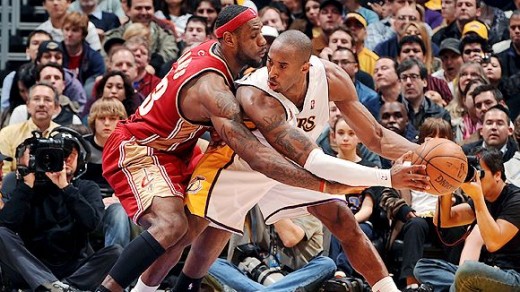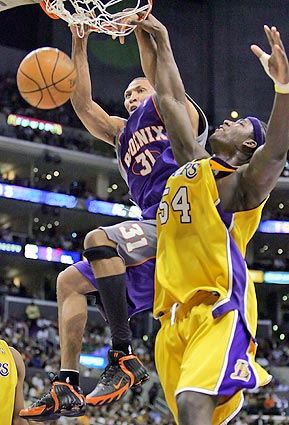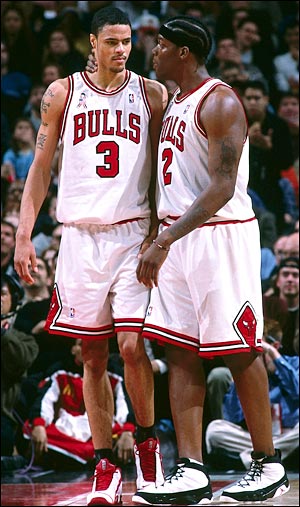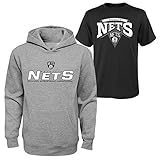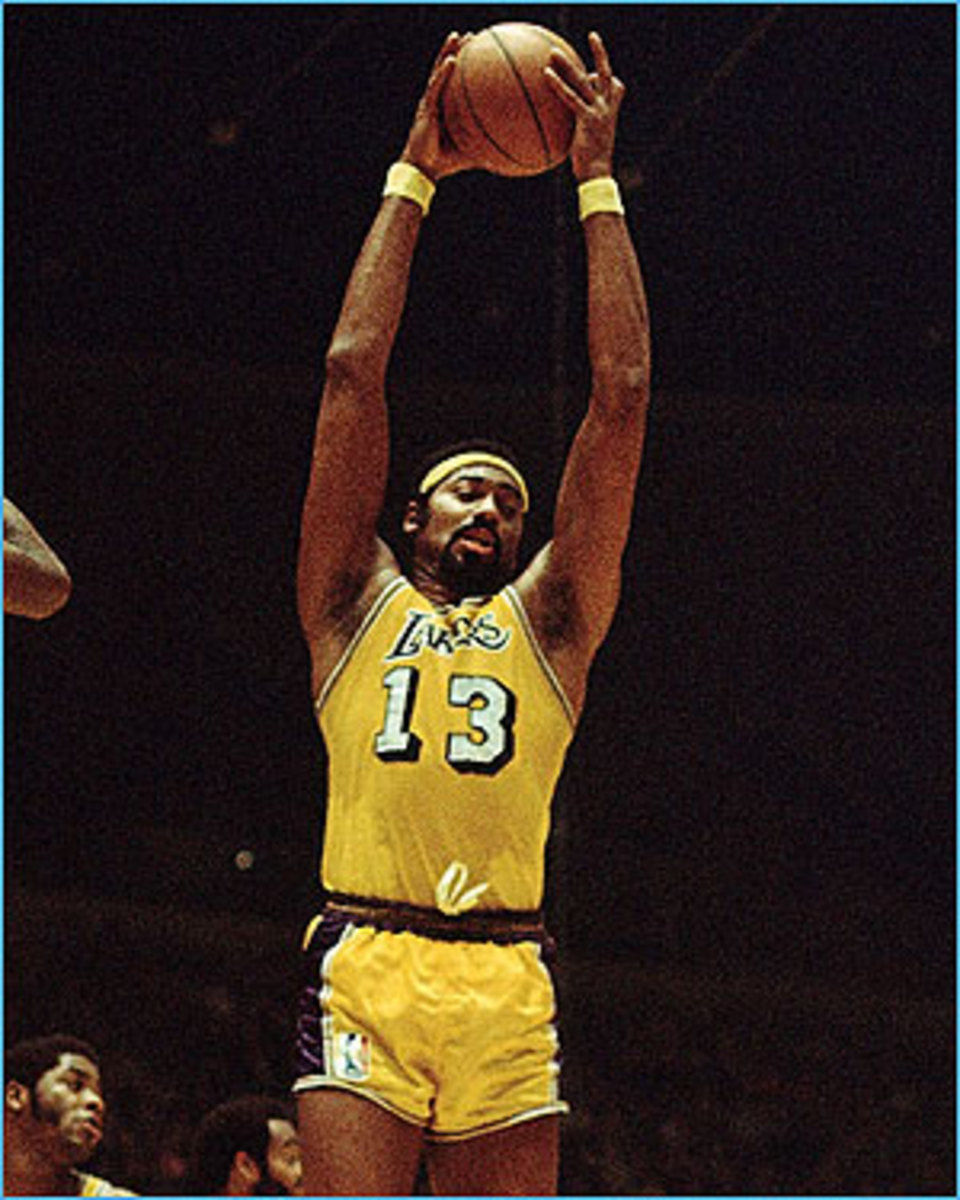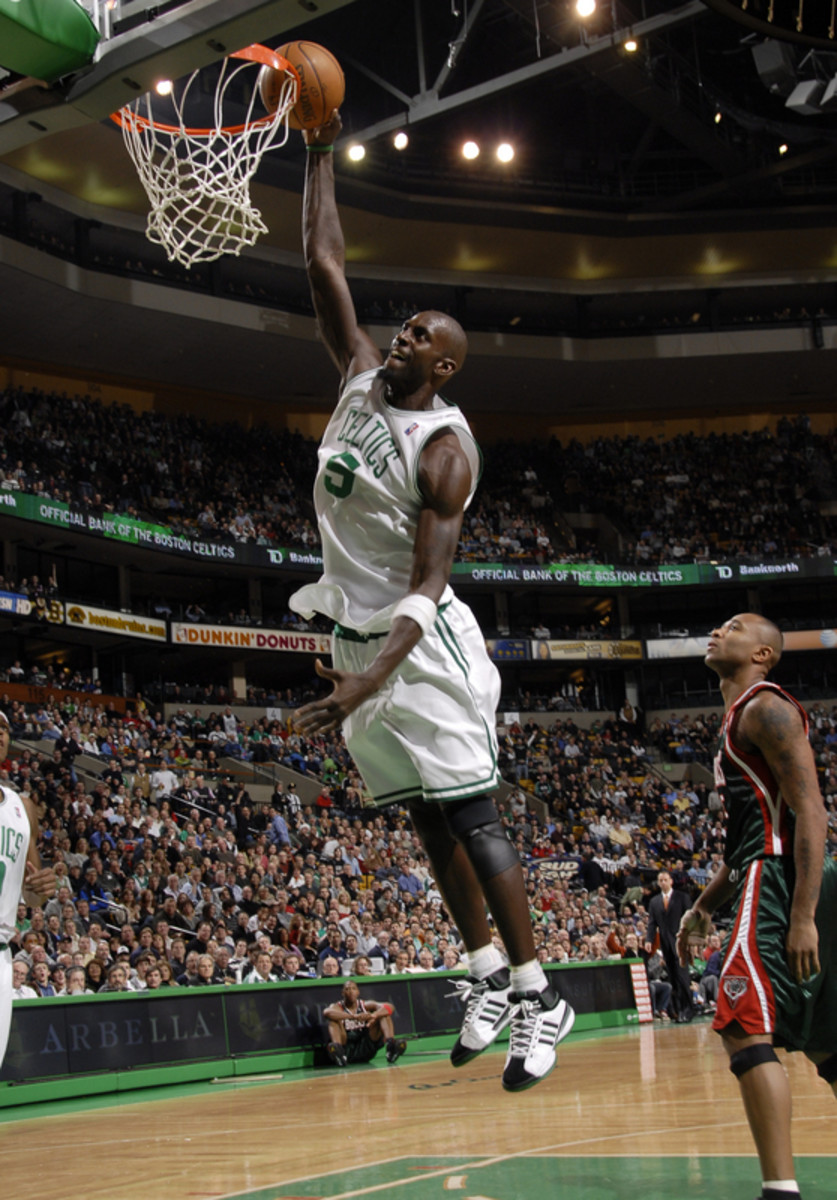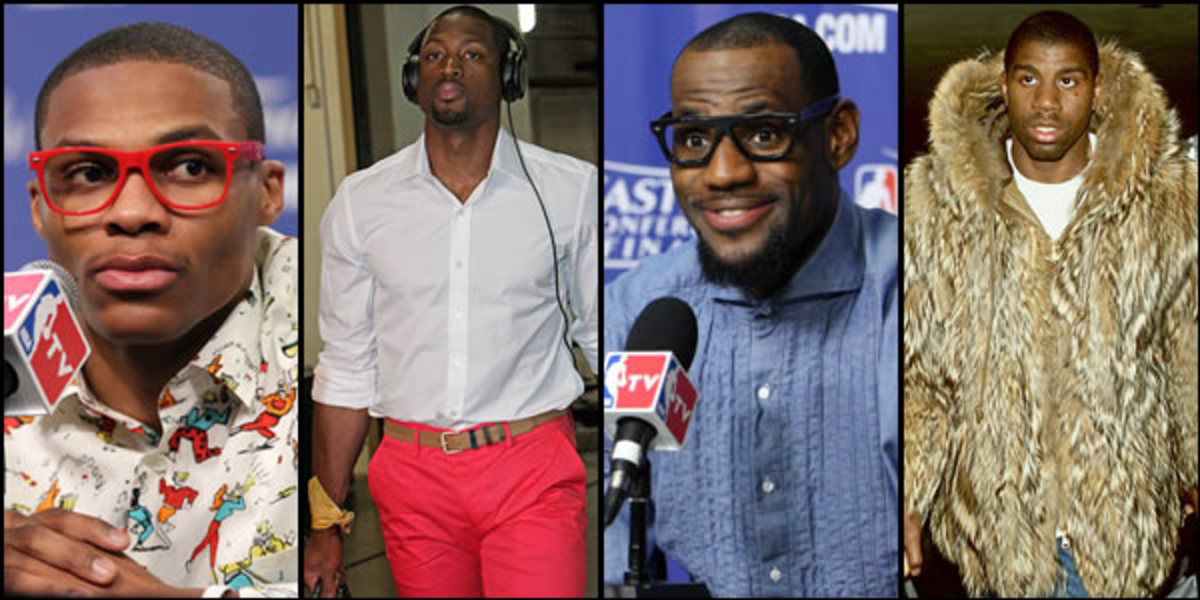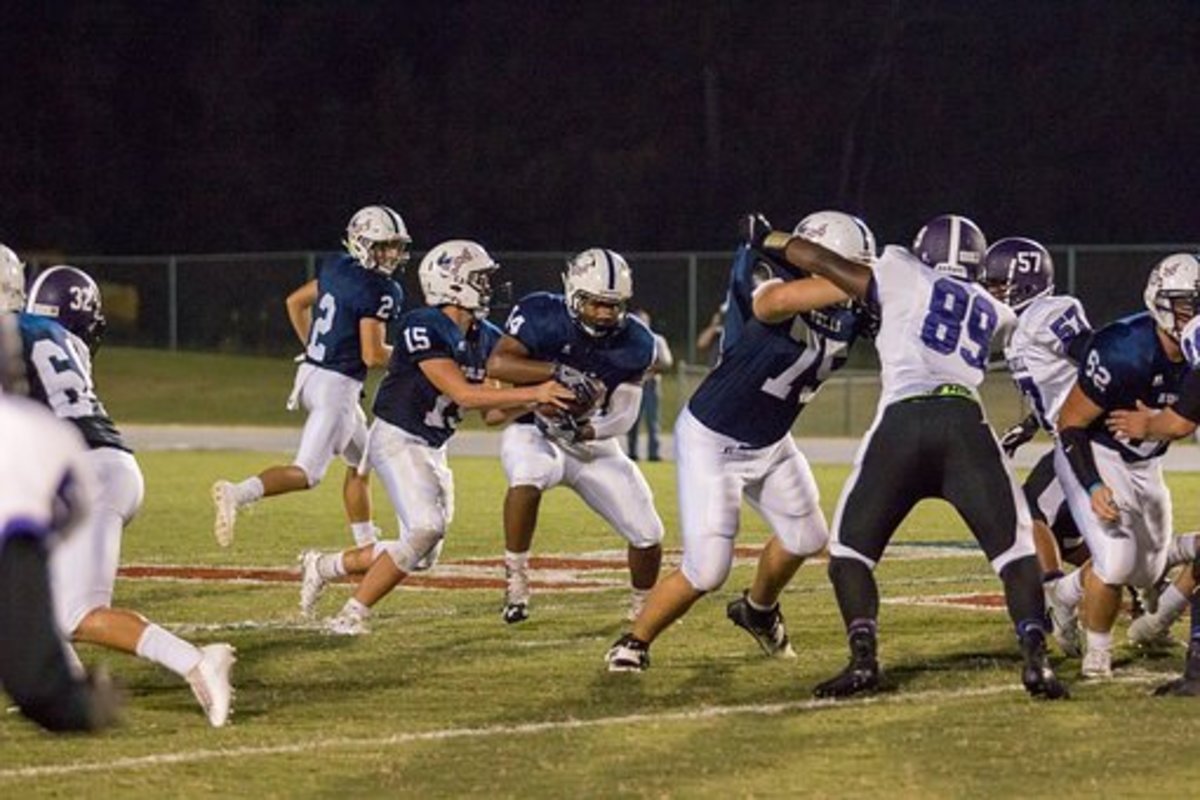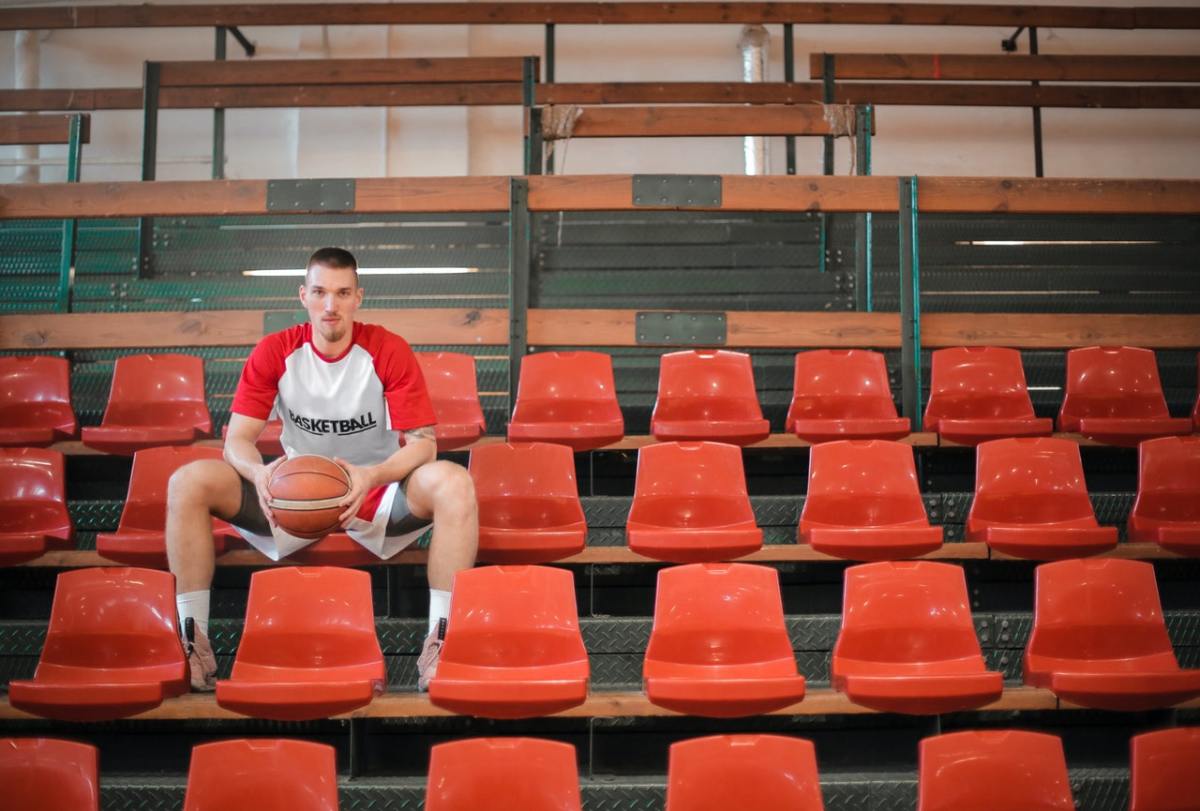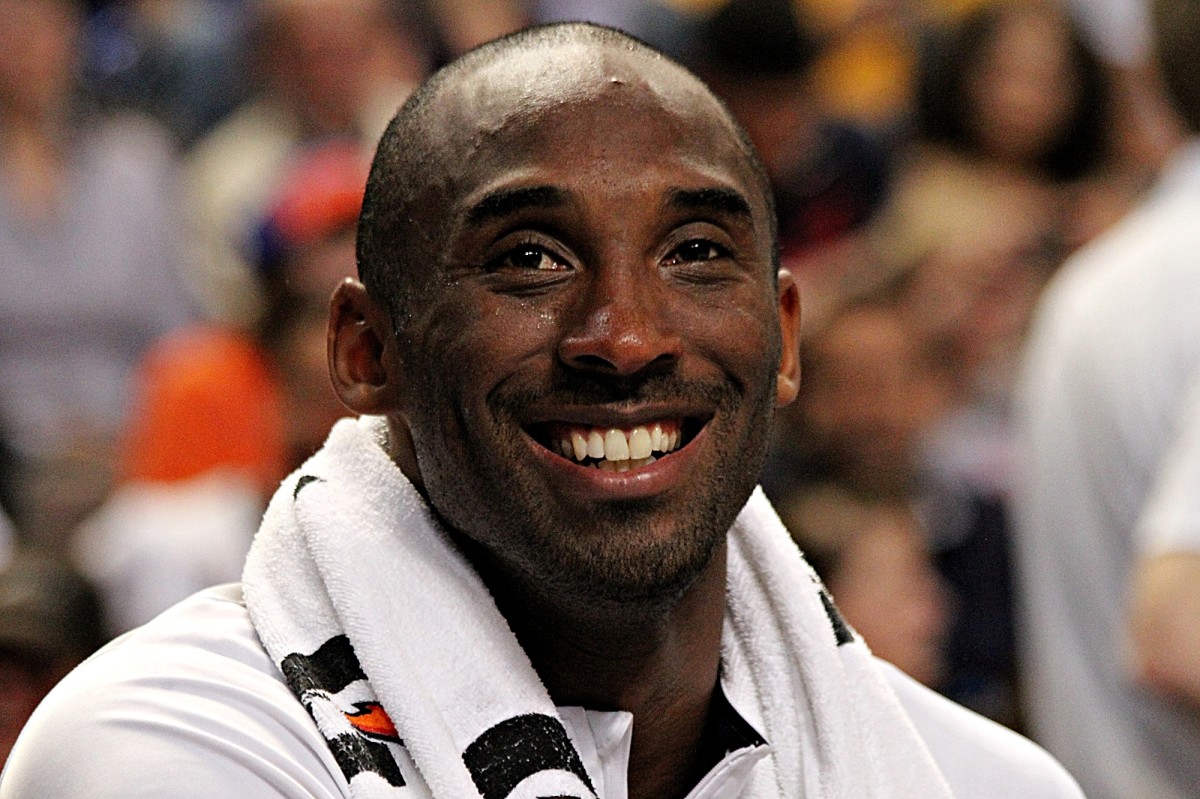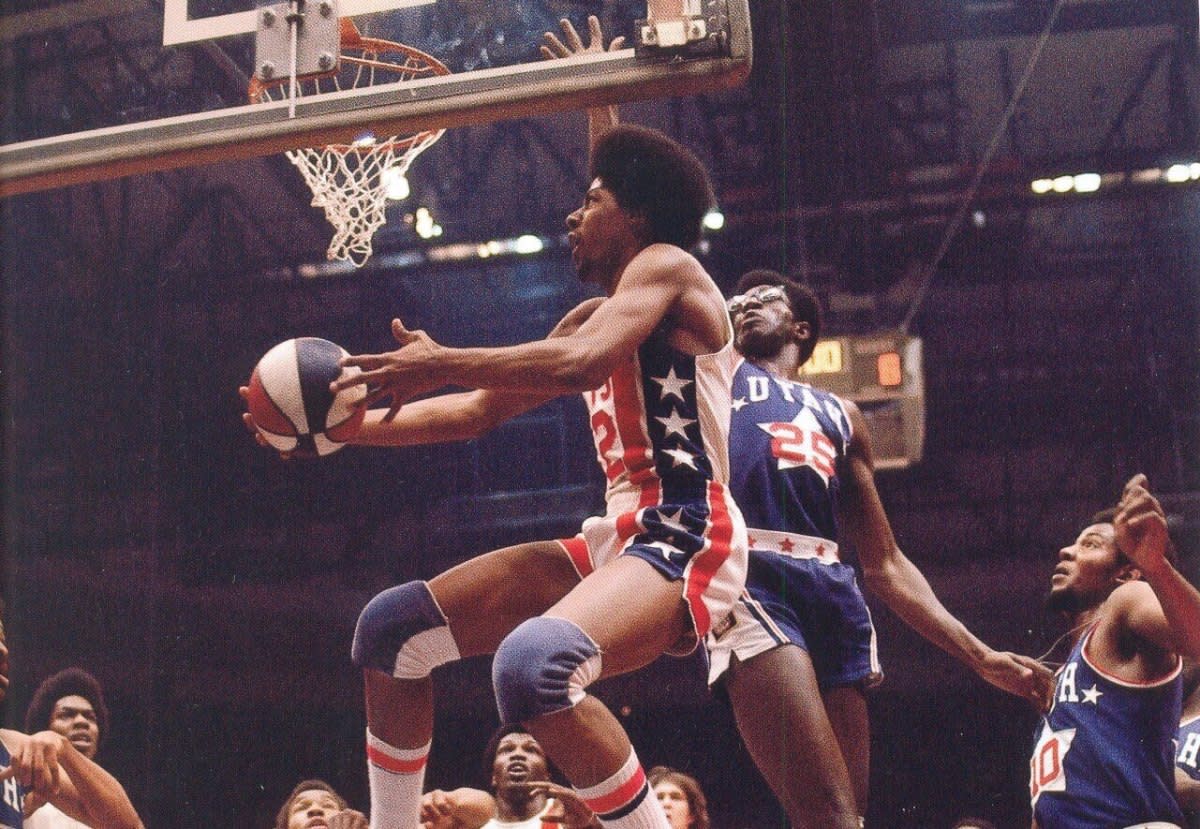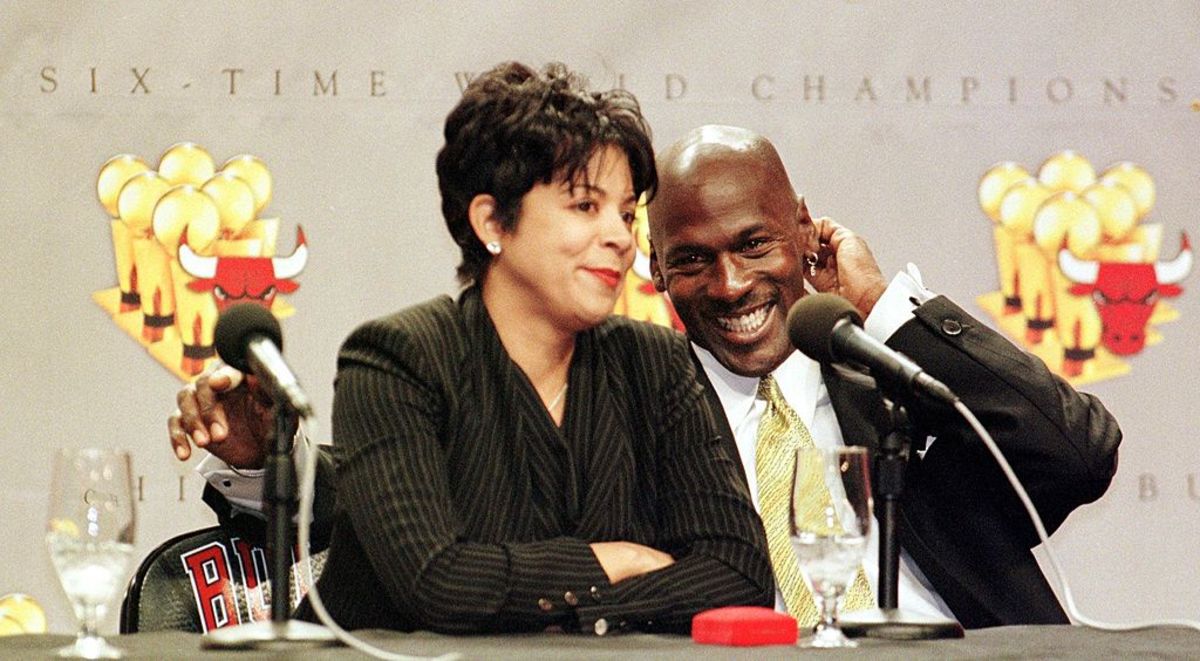Let's Save the NBA from the Draft Early Entries!
Let’s Save the NBA from Early Draft Entries!
I’m here today to save the NBA. Like a predator stalking helpless, unsuspecting victims, the NBA is being watched. The menace is lurking in the shadows, subtle but real. The threat can be seen by everyone, but is typically categorized as harmless. Be warned—it is not.
The “one-and-done” players, those high school athletes that believe themselves ready to showcase their talents at the highest level, are threatening the NBA. They are the players that won’t sign with North Carolina, Duke, or Kansas because they want to play immediately. They are the young men who define their game by highlights.
It sounds innocent enough because the 21st century NBA defines its collective game by highlights, as well. The menace is ignored because its reigning stars, Kobe Bryant and LeBron James, entered the NBA out of high school and are dominant both in the league and throughout the ESPN “Top Ten Plays of the Day” clips. Don’t be misled by this. The NBA took corrective action against high school players joining their ranks, but managed to negotiate only a single year of mandated college play for anyone wishing to apply for the NBA draft. This was a step in the right direction because it offered them at least one season to evaluate who isn’t good enough to ever play professionally, and they are no longer seduced by one or two high school all-star games or AAU dominance. The players that aren’t good enough can no longer cash in on overwhelming teenagers even I could post up to land a three-year contract riding some team’s bench. They must prove they can play college ball before proving they can play professionally.
I marvel at the stance taken by the NBA Players Association regarding this issue. The players should object to their ranks being infiltrated by teenagers ill-prepared to help against Shaquille O’Neal or Tim Duncan. They should cry foul when a hard-working player of presumably lesser talent is released to make room for that untested high school phenom.
The concerns with high school or one-and-done players entering the NBA are three-fold. The first problem is: are high school or college freshman physically and emotionally ready for the NBA? The players and even the league might answer yes to this question, but most high school entries sit on the bench for two or three years before developing as a player. Their learning curve is usually the same whether they were in the NBA or college, and it is logical to create an environment where they can play while they develop—for example, a college team.
The young star that wants to get through the standard three-year contract and get to the “big money” deal as quickly as possible represents the NBA’s second challenge. Tracy McGrady epitomized this by signing with Toronto out of high school. After three years he began to realize his potential, only to take his game to Orlando. Toronto got almost no return on three years of player development. In Orlando, he publicly balked at the team looking to high school talent to bolster their roster, claiming he didn’t want to wait so long for new players to develop and help the team (was it Dwight Howard Tracy didn’t want to waste his time playing with?). In essence, the path Tracy McGrady-the-high-school-player took wasn’t good enough for Tracy McGrady-the-NBA-star, and ignoring the arrogance behind such an assertion, he was probably correct.
The final issue involves the fans. This year marks the 30-year anniversary of the NCAA final between Michigan State and Indiana State, an epic moment that catapulted the NCAA Tournament to the top of televised sports, rivaling the Super Bowl and the World Series as “must see” sporting events. That game helped the NBA, also. Not only were Larry Bird and Earvin Johnson great players, they came to the NBA with a fan base. People wanted to see these guys play. That’s the big difference between Magic Johnson and Kobe Bryant—Johnson brought fans to the league with him. Imagine their rivalry if Kevin Durrant, Michael Beasley and Blake Griffin all played in the Big 12 at the same time? The interest games like that could generate would carry over to the NBA, just as the Bird vs. Magic rivalry did. Great players playing great college games would help the NBA. Why do I care about the NBA's fan base? The reason is simple: I don't find as many reasons to watch an NBA game as I once did. The new guys haven't won me over.
What is the answer? My solution embraces the high school player and returns the option of going straight to the NBA to them, but in a structured manner that weeds out marginal prospects. I could save the NBA by adjusting the player’s first contract like this:
A four-year college graduate would sign a three-year contract upon entering the NBA, just as he does now. A player with three years of college would sign a four-year deal; two years nets a five-year contract, one year warrants a six-year package, and if a player goes pro out of high school, he will be signed to a seven-year deal.
This contractual arrangement would eliminate most of the problems the NBA has with drafting on potential. A player with questionable skills would be less likely to be drafted because a team would be stuck with him for six or seven years. They will take fewer chances on untested players because they couldn’t release them after three seasons. Less talented players would realize they are unlikely to be drafted, and wouldn’t go straight to the NBA. The rare player good enough to play professionally after high school would still be let in and the team that drafted him would benefit from his talent for seven years, not three. Also eliminated would be the idea of getting the rookie contract out of the way as quickly as possible—all players would be approximately the same age when they sign their second deal, whether they attend college or not.
The final advantage to adjusting rookie contracts would be in attracting fans. Eliminating the reasons for high school players to turn pro would point more of them toward college and a fan base that would follow them to the NBA. High school stars or players in the NBA Developmental League do not bring fans with them—college players do. We watched in awe when Patrick Ewing dueled Ralph Sampson and Hakeem Olajuwon as collegians, but no one cares when Eddy Curry, Kwame Brown or Tyson Chandler plays each other. If they competed as collegians, interest would be there, even if they never became great pros. College matchups would be reprised in the NBA, like Larry Bird facing off against Magic Johnson. If Carmelo Anthony played LeBron James instead of Kirk Hinrich in the 2003 NCAA title game, the entire world would have watched, and they would be watching for the next ten years as the two took their act to the NBA. The way it has gone, well--I tune in to watch Kirk Hinrich or Julian Wright because I am a KU fan. I don't tune in to watch Rashard Lewis at all.
The NBA needs to put the "fan" back in fantastic--the best way to do that is to create a system that encourages the players to join the league only when they are ready, and give the fans teams they can root for.
2012 Update
The madness has continued largely unabated since this article was written, but things have improved a bit. Many players like Kevin Durant, Derrick Rose and Kevin Love used their single year in college to establish their value to the league. Fewer players with no chance to succeed are drafted.
Players whose stock falls because they didn't perform well in their year of college might not get their millions, but if they truly aren't good enough to play in the NBA, they shouldn't deserve to be millionaires. I continue to be amazed at opinions expressed to the contrary--that a player is somehow cheated because he isn't able to get to the NBA before teams realize he was never any good. Is there any other field of endeavor with this faulty logic is applied? Would you want to be defended in court by a 20 year old lawyer who demanded to join a law firm out of high school and learn his craft on the job? The kid might learn a lot sitting in the office talking with other lawyers, but is it the same as getting a law degree?
Both the NBA and the NCAA aren't satisfied with players going to college for only one year. In fact, I believe the athlete should be required to learn their trade for at least two or three years before being considered a professional. When Kareem Abdul-Jabbar or Bill Walton graduated from UCLA and was drafted into the NBA with the first pick in the NBA draft, no one believed an injustice was done to them.
Why do so many people think a basketball player having to go to college now is being cheated?

Read more hubs about the NBA
- High School Players Should Attend College Before the NBA
Watch out, NBAits the Attack of the One-and-Done Gang! The NBA draft was conducted this week, and it seemed to me some normalcy had been achieved after years of draft-night lunacy. I was... - Your Miami Heat: Starring LeBron James, Dwayne Wade, Chris Bosh and...?
NBA fans, you now know where LeBron James will play basketball next season. In an embarrassing and overly dramatic prime-time broadcast on ESPN, James announced he would go to South Beach, Florida and... - NBA Opening Night--Boston-Cleveland and LA-LA
Its opening night for the NBA, and I just watched the Boston Celtics beat the Cavaliers in Cleveland. I thought the first televised game of the season was interesting in a lot of ways. My initial... - Top Ten Centers in NBA History
Throughout the history of the NBA, centers have mostly dominated the game (Michael Jordans tenure notwithstanding). A center has been chosen league MVP 25 times in the 54 year history of the award, and...
From high school to the NBA: a success or bust?
